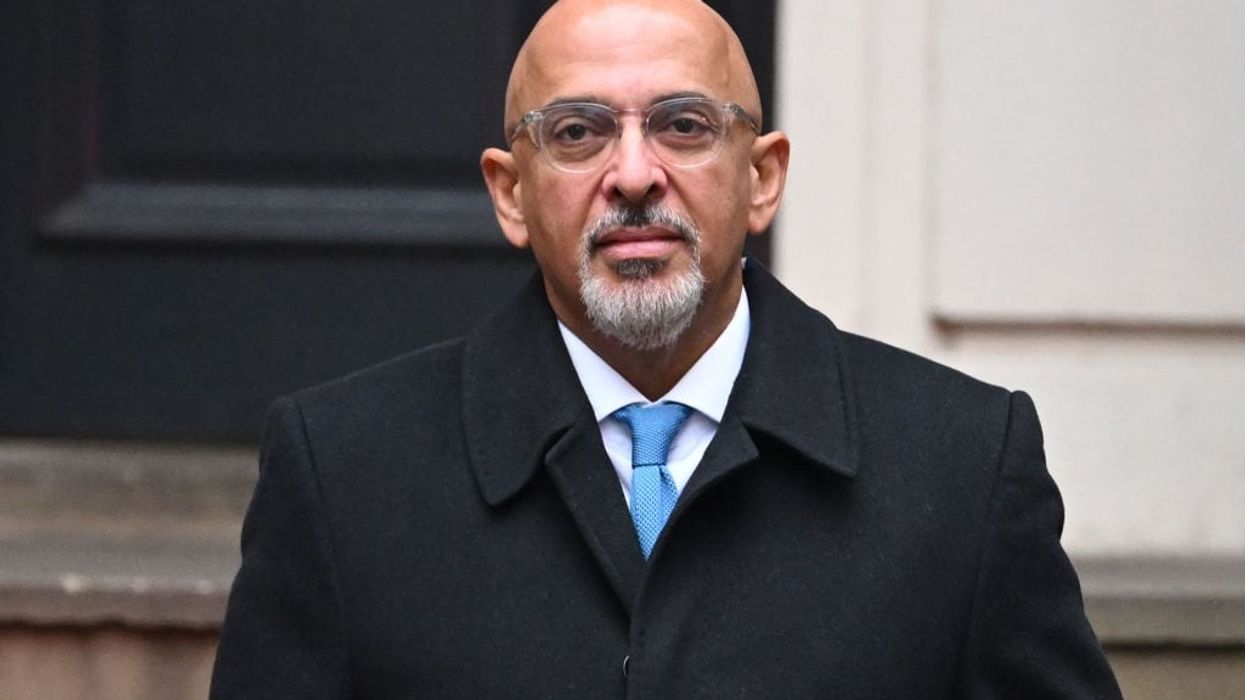British Prime Minister Rishi Sunak fired the Conservative Party chair Nadhim Zahawi from government on Sunday (29) after an investigation found he had been insufficiently open about a tax probe which he settled while finance minister.
In an embarrassing episode for Sunak, he initially stood by Zahawi before ordering an independent adviser to investigate questions over his tax affairs after it emerged Zahawi had settled a probe by Britain's tax authority HMRC last year.
Zahawi has said the tax body ruled he had been "careless" with his declarations but hadn't deliberately made an error to pay less tax.
But Sunak's independent adviser Laurie Magnus said that Zahawi did not declare that his tax affairs were being investigated when he was briefly made finance minister last year, and failed to disclose details when Sunak appointed him to his current role.
"Following the completion of the Independent Adviser's investigation – the findings of which he has shared with us both – it is clear that there has been a serious breach of the Ministerial Code," Sunak said in a letter to Zahawi.
"As a result, I have informed you of my decision to remove you from your position in His Majesty’s Government."
Zahawi's response to Sunak did not mention either the HMRC or independent adviser's investigation. He expressed concern at the conduct of some in the media in recent weeks and said he would support Sunak's agenda as a backbench lawmaker.
"I am sorry to my family for the toll this has taken on them" he said.
The opposition Labour Party and some of Sunak's own Conservative lawmakers had said Zahawi should have stood down earlier while Sunak waited for the findings of Magnus' investigation.
"It's vital that we now get answers to what Rishi Sunak knew and when did he know it," Labour's education spokesperson Bridget Phillipson said on Sunday.
"We need to see all the papers not just have the Prime Minister's role in this brushed under the carpet," she said.
Zahawi's sacking comes as Sunak's government, facing decades-high inflation and a wave of public sector strikes, trails badly in opinion polls ahead of an expected 2024 election.
UNTRUE PUBLIC STATEMENT
Magnus said that the details of HMRC's own investigation - relating to Zahawi's co-founding in 2000 of opinion polling firm YouGov, and how many shares his father had taken to support its launch - was outside the scope of his own inquiry.
But he found that Zahawi had failed to declare HMRC's probing of affairs, or acknowledge that they were a serious matter. Zahawi had characterised reports last July over his tax affairs as "clearly smears".
Zahawi did not correct the record until last week, when he said he had reached a settlement with the authorities.
"I consider that this delay in correcting an untrue public statement is inconsistent with the requirement for openness," Magnus said in a letter to Sunak.
He added that Zahawi had shown "insufficient regard" for the requirement "to be honest, open and an exemplary leader through his own behaviour."
Zahawi became finance minister following Sunak's own resignation from the role in July last year, which helped end Boris Johnson's scandal-hit premiership.
When he replaced Liz Truss as prime minister after her brief but tumultuous time in power, Sunak promised that "this government will have integrity, professionalism and accountability at every level."
But the reset has got off to a tricky start, and Zahawi's sacking is the latest scandal within Sunak's cabinet of top ministers.
Sunak reappointed interior minister Suella Braverman when he became prime minister just five days after Truss sacked her for breaching security rules, while in November Gavin Williamson resigned from government over bullying allegations.
An investigation into alleged bullying behaviour by Deputy Prime Minister Dominic Raab is also ongoing.
(Reuters)





